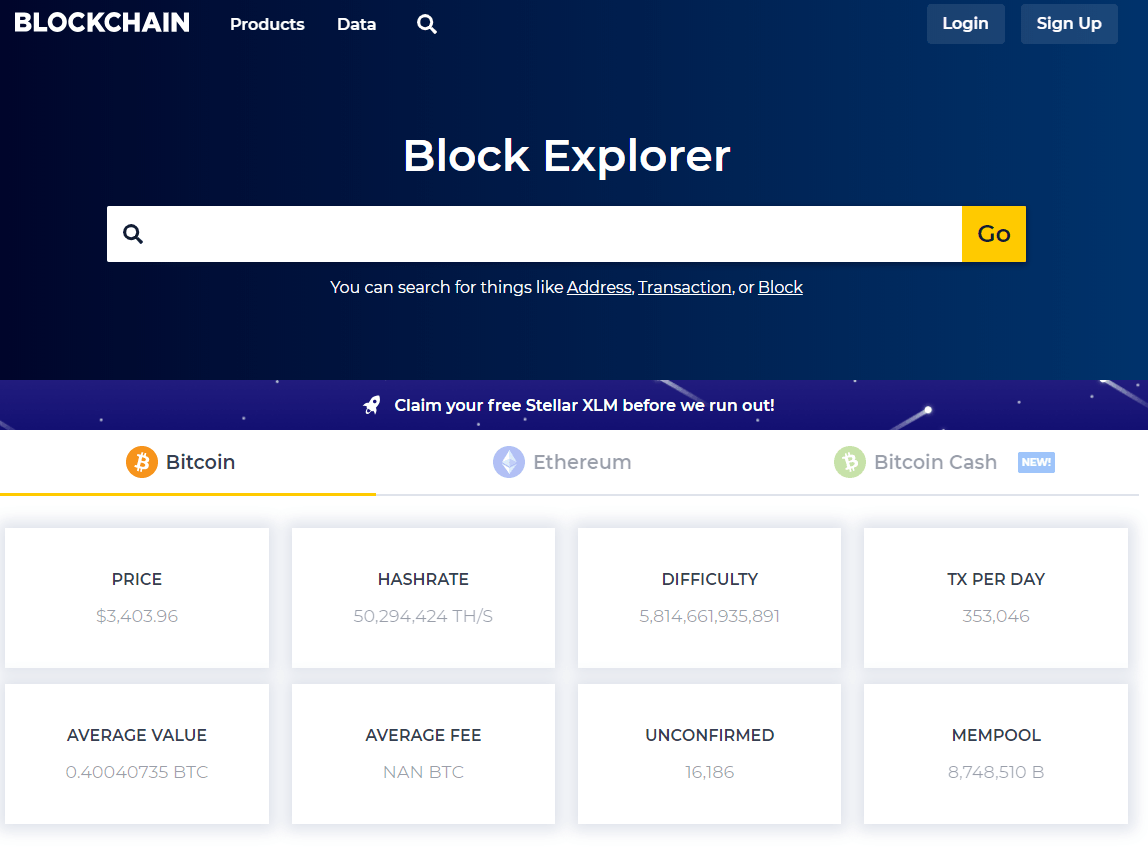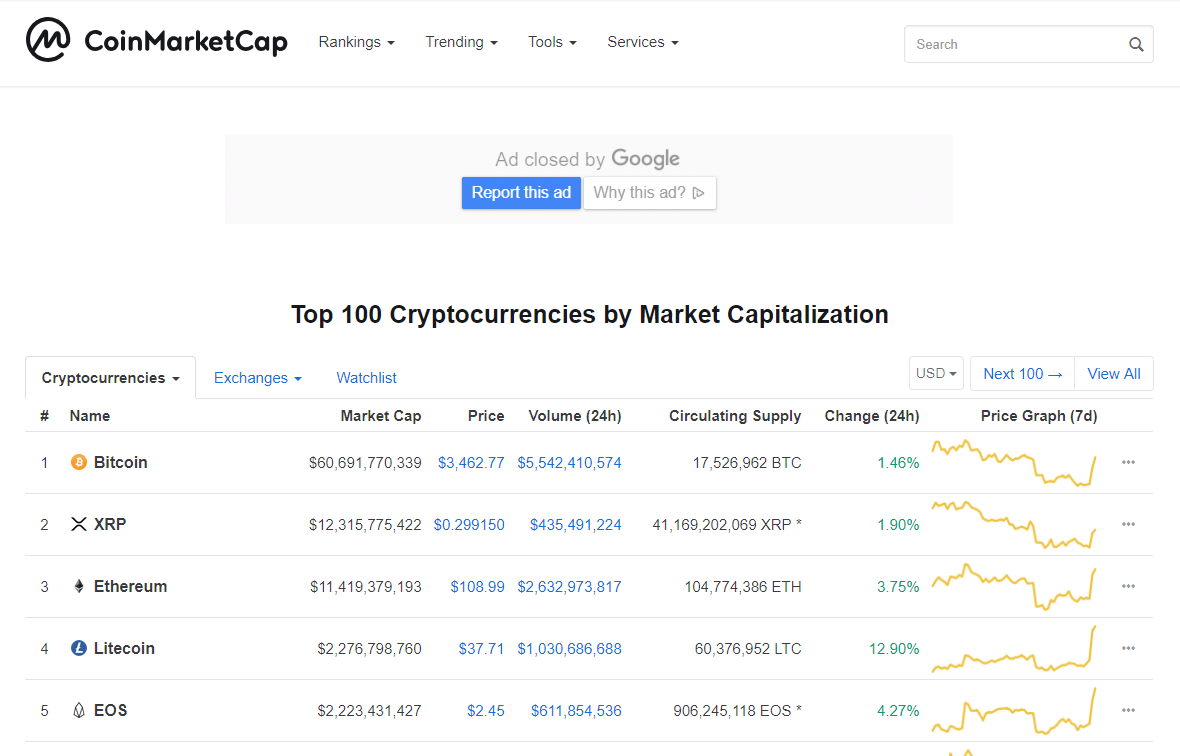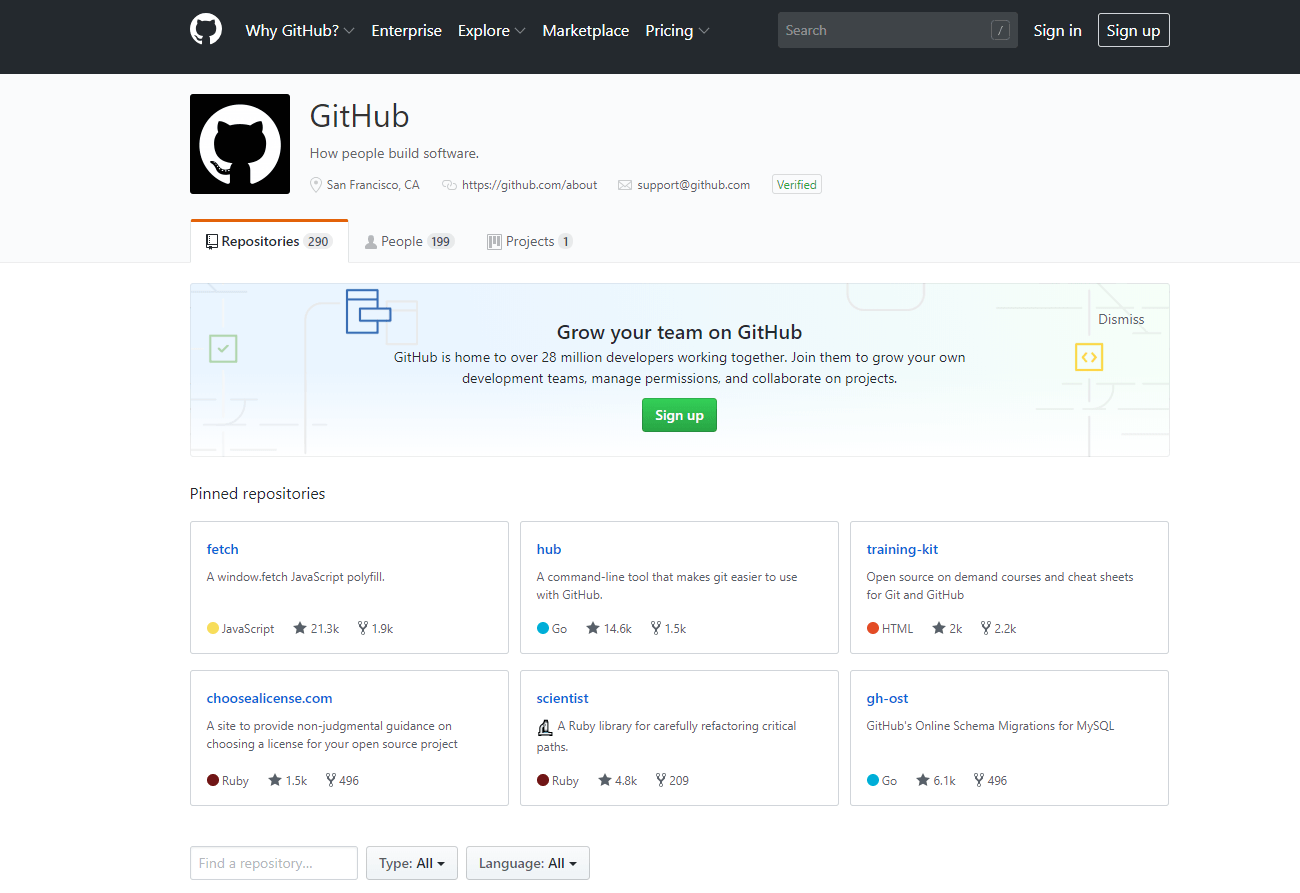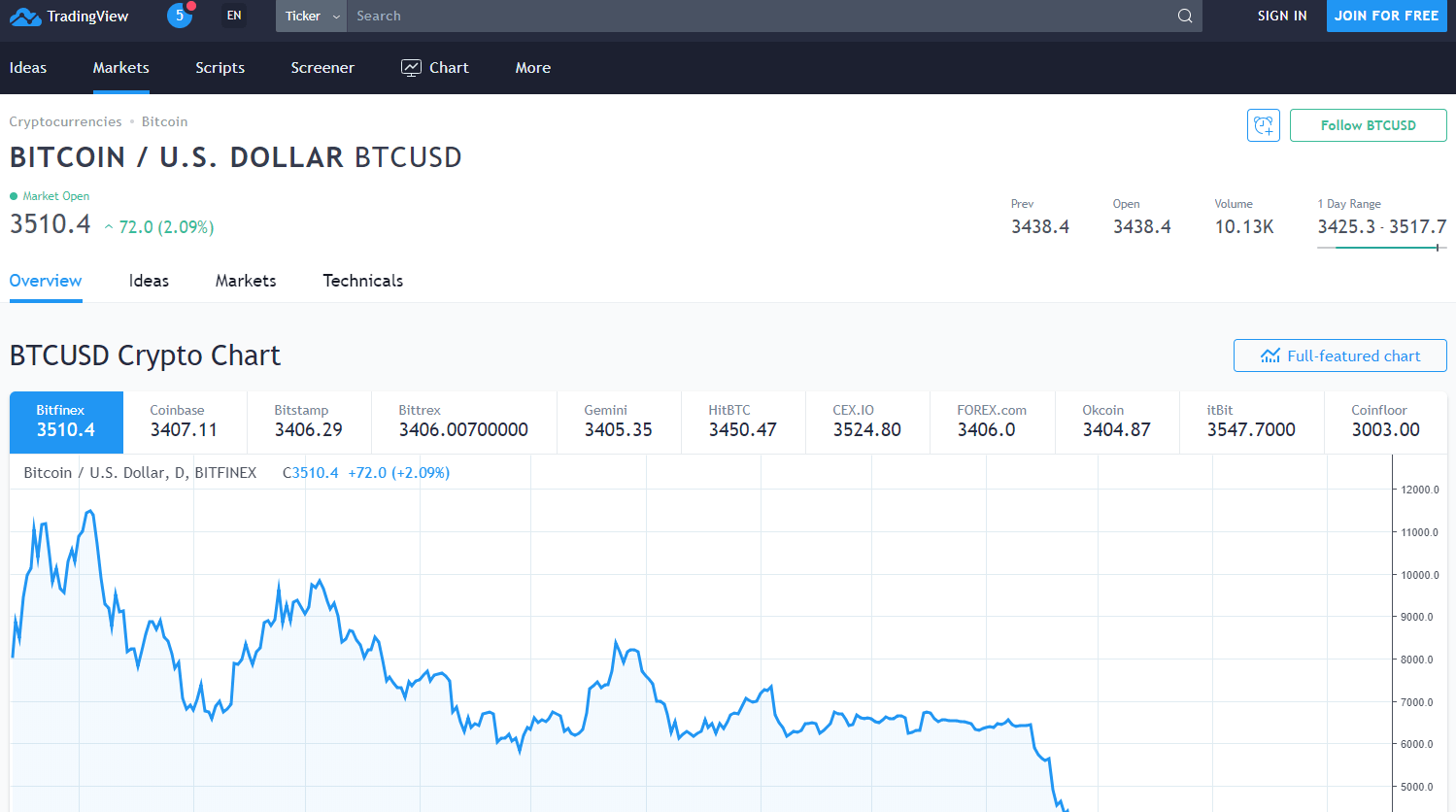The Best Places to Conduct Cryptocurrency Research?️♂️

There is a lot of information spread around the cryptocurrency world. But there is also a lot of misinformation. We now live in an era of fake news and it can be hard to distinguish what is true from what is not. This is especially true in the world of cryptocurrencies. The technology and industry is still at an extremely early stage and this is reflected with a lot of uncertainty regarding the information circulating.
Nonetheless, many professionals in cryptocurrencies depend on their ability to acquire high-quality information. Journalists need to be able to get to the root of information to report accurately. Traders need to be able to accurately assess the underlying strength of a project and take into consideration overall market conditions. Researchers need to be able to understand the technology underlying a project and how this matches the up to competitors.
In this latest Cryptolinks post, we present some of the key resources used to delve deeper when researching cryptocurrencies. We show some of the resources where you can find some the most objective information and we also present resources which provide more subjective information but can be useful for other purposes. Whether you are a professional working full-time in cryptocurrencies or just a full-time when moon enthusiast, these tools can be of a great benefit to you.
Blockchain explorers
One of the key advantages of conducting research on blockchain projects is that the data from the blockchain is open for the world to see. A number of services compile this data so that users can easily understand and visualize the data. Blockchain.com is the most popular blockchain explorer for the bitcoin blockchain.

What can a blockchain explorer be used for? A blockchain explorer can be used to assess one of the most important factors that go into the success of any project. It provides insight into the operating health of the network. It shows how much demand there is for the network from consumers. For example, metrics such as transactions per day and the USD value of transactions will provide insight into this. Other metrics will provide insight into the security provided by those procuring the network. This would be miners in most cases. For example, the hash rate is a key metric which shows how much computing power miners are providing and can be used to assess how expensive it would be to launch an attack on the network.
Data Providers
Data providers are probably the most commonly used resource by the average cryptocurrency enthusiast. CoinMarketCap is the dominant data provider in the cryptocurrency industry. They compile prices from multiple exchanges on over 2,000 projects and also provide data on features such as volume and supply. However, the data on CoinMarketCap has been seriously questioned by many professionals in the cryptocurrency industry. The accuracy of the data is doubted and it is also seen as a downside by some that so many cryptocurrencies are listed to CoinMarketCap. The website currently lists over 2,000 cryptocurrencies and tokens. Some of the most popular alternatives are Messari and CoinGecko. Messari provides a wide range of data metrics that users can view in relation to projects.

Websites
When researching an individual project, the website should always be a good source of information. If the website is not a good source of information for the project, this should raise red flags. A good website should clearly explain a project and also link to other key resources such as a blog for the project and the main social media sites related to the project.
Whitepapers and GitHub
If you have technical knowledge, whitepapers and GitHub will be a good source of information when assessing projects. Whitepapers are documents typically specifying the technical details of the project. Whitepapers for questionable early-stage ICO projects are more similar to marketing materials. But if you look at whitepaper documents such as the original bitcoin whitepaper, the cryptonote whitepaper, or the lightning network whitepaper, you will notice that they are heavily focused on technical discussion.

Many projects will typically have their code as an open-source repository on platforms such as GitHub or GitLab. This allows developers to delve into the code, contribute to it in some cases, and also to fork it if they wish. For researching a project, these platforms will provide key insights. They will show the number of developers contributing, the activity of the developers contributing, and the general progression of the project. Even for those without technical knowledge, metrics can be viewed related to projects to get a general idea of the strength of the development ongoing around the project. For example, metrics such as the stars on a project show how much people have essentially bookmarked the project. Other metrics such as commits added and lines added relate to the code being added to a project.
Social Media
Social media can be a turbulent place for opinions on any topic. Cryptocurrency discussion on social media is notorious for being fast-paced, hostile, and subject to swings in sentiment. It is nonetheless a useful tool for assessing the general feeling about a project, the strength of the community behind it, and discussing some finer details. Of all the social media platforms, Twitter has built the biggest reputation in the cryptocurrency world. Other popular social platforms for cryptocurrency discussion and information include Telegram, Reddit, and BitcoinTalk. For discussion on technical analysis, TradingView is a place where analysts post their trading ideas and thoughts.

